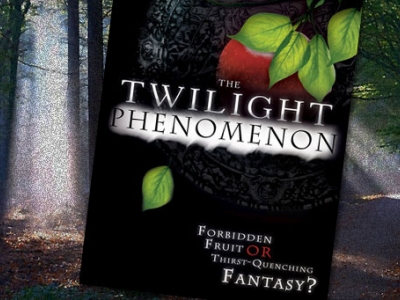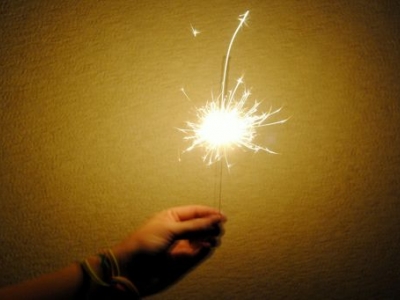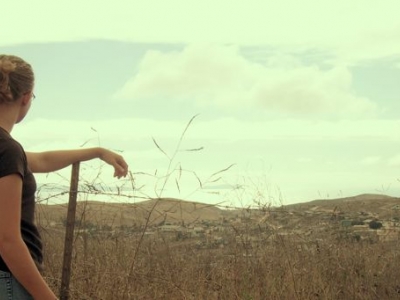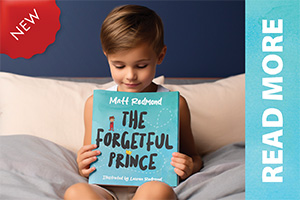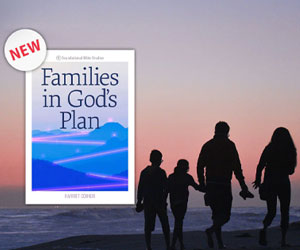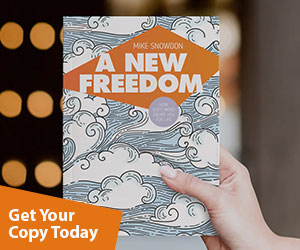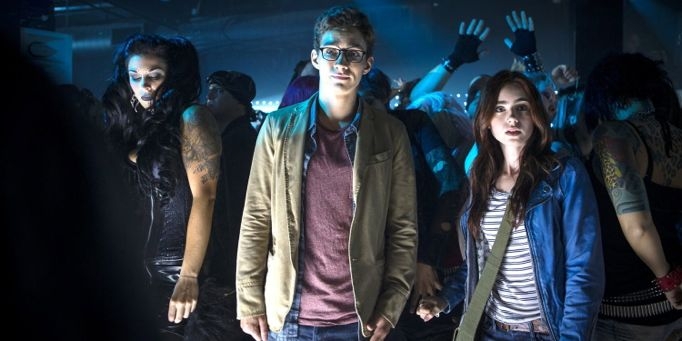
Mortal Instruments - City Of Bones: Movie Review
Ready for another story about a teenage girl falling in love with a pale-skinned boy from a world inhabited by vampires and werewolves?
Do Australian moviegoers have room in their hearts for another story about a teenage girl falling in love with a pale-skinned boy from a world inhabited by vampires and werewolves? Mortal Instruments suggests they do…
In its opening weekend, the film version of Cassandra Clares’s best-selling teen novel has topped the Australian box office. Following firmly in the footsteps of the Twilight series, City Of Bones opens the story of Clary Frey, a Brooklyn teenager struggling to find her place in the world. One night she sneaks off to a New York club with her geeky friend Simon, determined to break out of her normal life. To her horror, she witnesses a brutal stabbing that only she can see. However, Jace Wayland, the blonde teenage boy who carries out the deed, reveals he is not a psychopath but a Shadow Hunter. The arcane tattoos that cover his body are runes that empower his people to not only see the demons that inhabit our world but strike them down. Clary soon learns that she must have Shadow Hunter blood if she’s able to see both Jace and his enemies. When she returns home to find her apartment destroyed and her mother missing, Clary beings to discover just how deeply her family is involved in this shadowy world.
There will always be a place at the cinemas for teen films that turn on the revelation their heroes and heroines are far more significant than the world considers them to be. Their popularity is assured by the adolescent angst that is a part of growing up. Discovering our place in this world is a significant part of working out who we are. City of Bones is the first in what’s likely to be a series of six Mortal Instruments films that will steadily increase both the individuality and importance of Clary Frey. However, smuggled into this familiar identity building exercise is a sad deconstruction of a much greater truth.
A world of demons, but no God
Jace, Clary’s love interest, is the unchallenged guide to her new world. A day ago she (and her teenage audience) didn’t suspect that werewolves, vampires, warlocks and other ‘down worlders’ walked amongst us. Clearly she’s in no position to challenge his opinion on much higher spiritual matters. The worldview he unfolds is pluralistic at best, atheistic at worst. Jace might be battling dark spiritual forces on a daily basis, but he doesn’t see that as any proof there is a God to acknowledge. “I’ve killed thousands of demons” he tells Clary, “and I’ve never seen an angel.” Even though the Shadow Hunter race teaches that it owes its existence to the actions of the Angel Raziel, Jace is happy to accept this as a time-honored myth explaining deeper truths.
Viewers might hold out some hope that Christianity has a role to play in battling the forces of evil when Jace goes searching in a church for a hidden cache of spiritual weapons. But the blonde hero sets Clary straight:
Jace: I could just as easily have gone to a synagogue or a mosque.
Clary: What do you believe in?
Jace: I believe in myself and my ability to kill demons. I don’t need to believe in anything else.
Mortal Instruments builds the identities of its characters on a solid foundation of self-confidence. The Apostle Paul might write to remind the citizens of Rome them of the truth ...
since the creation of the world God’s invisible qualities – his eternal power and divine nature – have been clearly seen, being understood from what has been made…” (Romans 1:20)
... but even that evidence for His existence will be unconvincing to ears that are plugged with self-assurance. When Cassandra Clare can come up with a world that is populated by God’s enemies and still deny the existence of God, then rational argument goes out the window. And so we’re left with the perplexing contradiction of a film that feeds our deep-seated recognition of the spiritual world, while denying God has any part in it. However, Paul finishes by reminding his readers that evidence doesn’t have to be acknowledged to leave every person ‘without excuse’. Closing our eyes doesn’t make the world disappear, and ignoring our Creator will have even less effect.
Watching City of Bones with your kids
City Of Bones is overflowing with the same ‘breathy’ teenage romance that filled Twilight cinemas with young females. But there are definitely questions our would-be heroines need to think through:
- Does it make sense that every church, temple, mosque and synagogue would be in on the Shadow Hunters’ secrets and still not be able to agree?
- How can Jace be so certain of the non-existence of something he’s never seen?
- We could understand God showing mercy to those who’ve heard less about Him, but how is He likely to respond to those who are determined not to believe?
For more articles from Growing Faith, subscribe to our monthly e-newsletter.
To hear about the latest books and resources from Youthworks Media, subscribe here.


